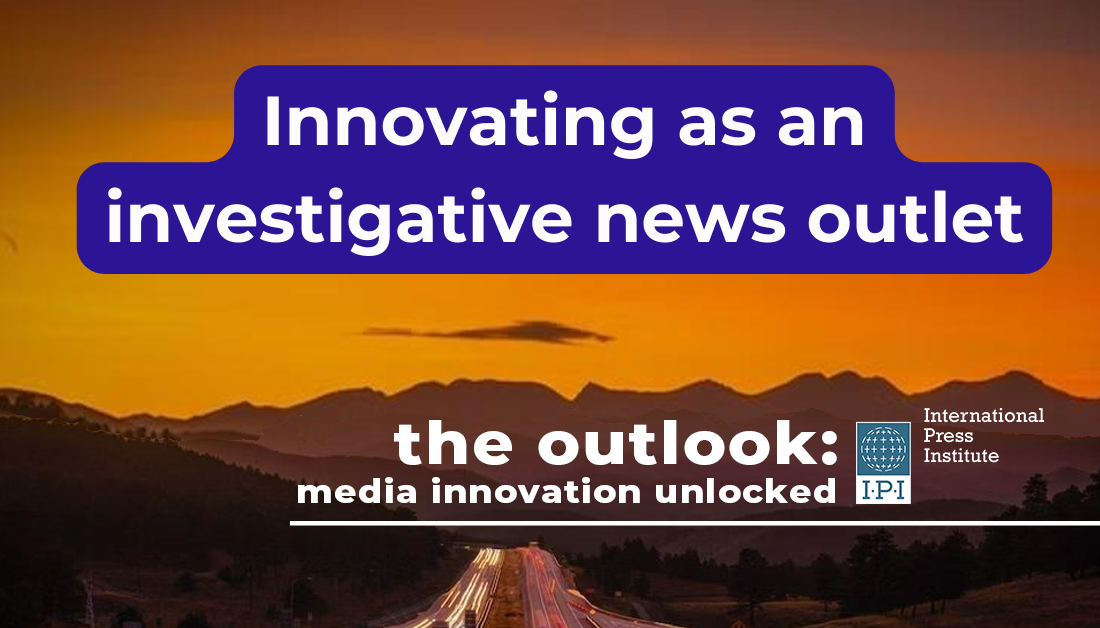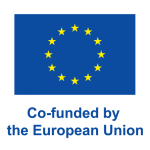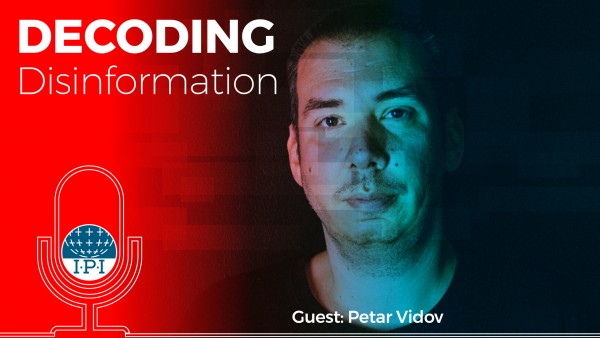This text comes from IPI’s newsletter The Outlook. Click here to sign up to receive future editions direct to your inbox.
This is The Outlook, IPI’s media innovation newsletter, where we take a look at tools and strategies for innovation, and learn from newsrooms that are implementing them.
In this edition, we’re rethinking strategies for building investigative journalism products in contexts with fast-developing news cycles, with media from Lebanon, Peru and Italy.
The challenge: In environments with contested narratives, consumers often only get told part of the story
The Public Source was founded to provide independent investigative reporting in Lebanon, amidst ongoing challenges of an economic crisis, corruption, and the fallout from the Beirut blast in 2020. Its Investigations Editor Annia Ciezadlo told IPI that they aim to provide definitive reporting on the major news stories; a “look-no-further” version. She was speaking during a virtual newsroom visit by IPI’s Local News & Innovation Network (watch the full visit here).
It’s one of several newsrooms taking an innovative approach to investigations. Two other examples: investigative journalism association Convoca in Peru, and RADAR in Italy, which aims to provide comprehensive coverage of climate issues.
The solution: Slow down, fill in gaps, and collaborate
These three organizations have steered away from the cycle of breaking news and focus on slow journalism to add depth and context.
“Very early on, The Public Source decided that it was not very interested in reporting on who met with whom, and what was said at a press conference. We were more interested in covering what was happening after the dust had settled,” said Bitar.
The approach allows them to bring overlooked voices to the fore, and provide unique angles. The Public Source created the only available comprehensive list of the people killed in the Beirut explosion, as well as carrying out in-depth interviews with people disabled by the blast.
The time and resources required by slow journalism raise the stakes for distributing it in a way that will resonate.
The Public Source is in a “never-ending phase of experimentation” according to editor-in-chief Lara Bitar. This involves quarterly assessments of their organizational structure, their work and its outcomes, used to refine their strategy.
Similarly, Convoca experiments with new formats, from interactive storytelling to games, in their own innovation lab. Launching a section of ‘news you can use’, Convoca Servicios, led to a growth spurt from 80,000 to three million users.
Innovating their storytelling allows these outlets to reach wider audiences and drive impact. For Convoca and RADAR, generating policy changes is core to their mission, while a primary goal for The Public Source’s team is creating create a reliable historical archive of major events in Lebanon.
As for the impact on business sustainability, Convoca, The Public Source and RADAR are all relatively young media (founded eight, four and three years ago respectively) but have built loyal audiences and strong reputations.
RADAR and The Public Source are both experimenting with reader revenue models as an additional revenue source to the grants that have sustained them so far. And Convoca makes money from products including courses, events, and a data analysis platform which has free and paid membership options. This means the data gathered for specific publications can be used by other media or organizations long after the initial investigation.
This leads to a final point: be open to collaboration. This is at the heart of Convoca’s model, and RADAR has developed cross-border investigative projects that expanded its reach too. It’s also worth taking inspiration from collaborative projects in the Amazon region which allowed emerging media to combine resources to produce a major investigation into deforestation, raising international awareness.
The Takeaway: Fill in the gaps — not only in the news cycle, but also in your editorial and business models. Combining the two to find creative storytelling formats will help you reach new and underserved audiences, and find opportunities to achieve impact and generate revenue.
News from IPI’s Media Sustainability Team
Our latest Local News Case Study is about an Armenian magazine which has become the global voice of the country thanks to in-depth analysis and collaboration between journalists and experts in politics, economics and law. Read the article here.
IPI is gearing up for the IPI World Congress and Media Innovation Festival in 2024, which will take place in Sarajevo from May 22 to 24.
We’ll address the importance of innovation and why local news is indispensable in times of crisis, news avoidance, revolutions in business models, and more. We have begun work on planning the agenda, and we’re keen to hear from members of the IPI network about what you’d find most useful. And registrations are already open for the event – click here.
Funding opportunities for media
- Currently enrolled US students, including graduate students, pursuing a news editing career, can apply for the Walsh Scholarship from ACES: The Society for Editing. There’s just one day left to apply.
- Journalists in Brazil with a pitch for a story covering one of the 17 UN Sustainable Development Goals can apply for one of four fellowships from Projeto Colabora. The fellowship amount is BRL8,000 and the deadline is December 5.
- Journalists from outside the US can apply for a Global Journalist Fellowship at the Arthur L. Carter Journalism Institute, to study two semesters of a master’s program in one of nine subjects. The fellowship comes with a $16,000 stipend, it requires fluency in English and one other language, and the deadline is January 24.
- Women journalists based anywhere in the world and reporting on subculture can apply for The Kim Wall Memorial Fund. Grants are $5,000, to cover reporting-related costs, and the deadline is December 17.
- NGOs including independent media organizations can apply for grants from the National Endowment for Democracy (NED) for projects which aim to strengthen democratic values. There’s a December 11 deadline for the latest round.
IPI’s media innovation and sustainability work is made possible with support from the European Union, Friedrich Naumann Foundation and ERSTE Foundation.




